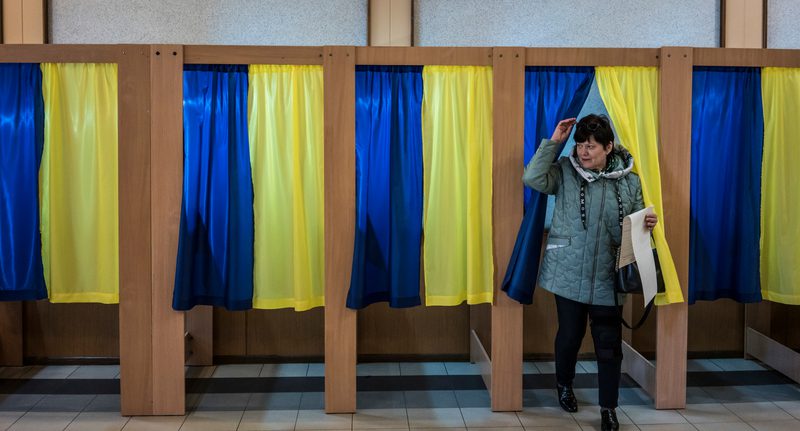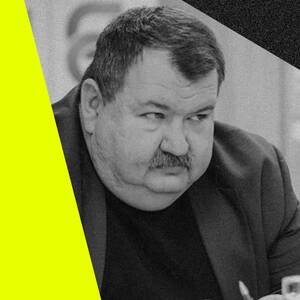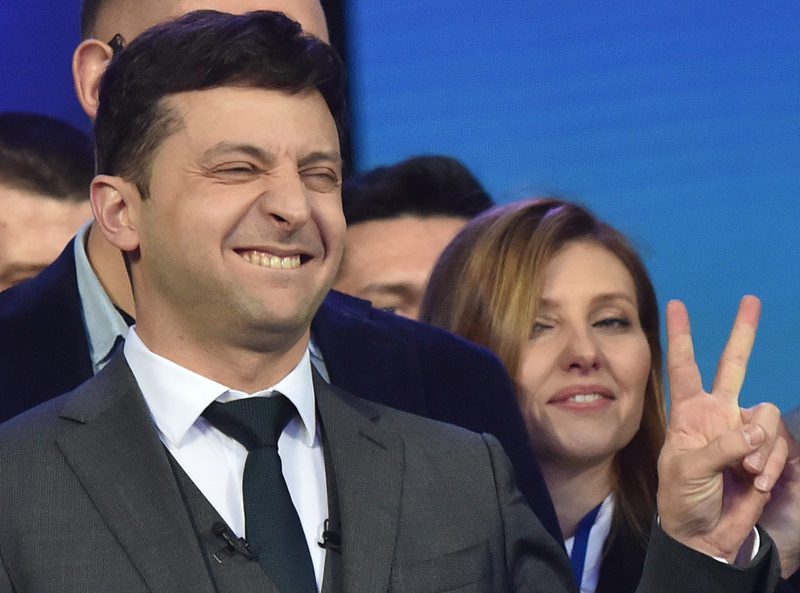Why Ukrainians Won’t Be Able to Elect a Seventh President in 2024: A Detailed but Clear Explanation

The term of office of Ukrainian President Volodymyr Zelensky expires in May 2024. According to the Constitution, the election of a new head of state should take place on the last Sunday of March. But due to the large-scale war with Russia, the election process is unlikely to take place.
Zaborona’s editor Svitlana Hudkova explains whether it is possible to hold presidential elections under martial law.
Martial law and elections: What the laws of Ukraine say
The issue of holding elections during martial law has been particularly discussed in the run-up to parliamentary elections in October 2023. However, Article 83(4) of the Constitution of Ukraine clearly states that it is impossible to hold parliamentary elections during a state of emergency or martial law.
At the same time, the Constitution does not prohibit the holding of presidential elections. Instead, the prohibitions are spelled out in the law of Ukraine on the legal regime of martial law, which explicitly prohibits the holding of any elections during martial law.
Even if the law is amended, the elections may be considered unconstitutional due to restrictions on political rights and freedoms due to the war.
Unlike the Constitution, which cannot be amended during martial law, laws can be amended even during war. However, if Ukraine really wanted to hold presidential elections, the law should be amended and the next presidential election should be called no later than December 21, 2023, 100 days before the election day on March 31, 2024. And by December 31, 2023, the Central Election Commission would have to announce the election process, which would begin on January 1, 2024. That is, all the deadlines have already passed, which means that there will be no next presidential election in Ukraine.
Restrictions on electoral rights and freedoms during the war

The impossibility of holding any elections until victory is also supported by the fact that constitutional rights and freedoms cannot be guaranteed during martial law, and thus the principles of electoral law cannot be observed, explains Andriy Mahera, former deputy head of the Central Election Commission.
“Under martial law, as provided for in Article 64, there is a list of constitutional rights and freedoms that cannot be restricted under any circumstances, even during martial law. But in this list you will not find Article 33 (on the right to freedom of movement and free choice of residence), Article 34 (on freedom of opinion and speech), Article 38 (on the right to elect and be elected to public bodies), Article 36 (on the right to form political parties and the freedom of political parties), Article 39 (on the right to peaceful assembly) and so on,” he said.
All these restrictions are due to the inability to comply with the requirements stipulated in Part 3 of Article 71 of the Constitution of Ukraine, according to which elections are free and held based on universal, equal, and direct suffrage by secret ballot.
In particular, it means that the basic law provides the opportunity to vote and be elected for all Ukrainians without exception. But during the war, millions of military personnel and refugees will not be able to fully exercise this right.
And the main thing is the security factor. Article 3 of the Constitution of Ukraine recognizes a person’s life and health, honor and dignity, inviolability, and security as the highest social values. In the context of full-scale Russian aggression, it is impossible to guarantee this at polling stations.
By the way, Ukrainians also spoke out against holding elections during the war. According to a KIIS poll conducted on February 5-10, 2024, 69% of Ukrainians believe that Volodymyr Zelensky should remain in office until the end of martial law. Only 15% are in favor of holding regular elections.

Володимир Зеленський під час президентських дебатів на НСК «Олімпійський» у Києві 19 квітня 2019 року. Фото: SERGEI SUPINSKY/AFP via Getty Images
Legitimacy of the President of Ukraine after March 31
The Constitution has a higher legal force than the law, and supporters of holding elections refer to this. They say that the Constitution directly sets the date of the next presidential election in Ukraine, and there are no conditions for postponing the vote, including while in a state of emergency or under martial law.
However, Article 108 of the Constitution states that the President of Ukraine exercises his powers until the newly elected president takes office. This allows him to properly fulfill the constitutional provisions according to which he is the guarantor of state sovereignty, ensures state independence, national security, and is the Supreme Commander-in-Chief of the Armed Forces of Ukraine.
There was already a precedent for this in Ukraine’s history in 2004, when Viktor Yushchenko and Viktor Yanukovych ran for office. Back then, the Supreme Court invalidated the results of the second round of the presidential election and ordered a second round of voting. As a result, incumbent President Leonid Kuchma served for several months beyond his five-year term, until the next head of state was elected.

This article of the basic law is also referred to by the deputy head of the CEC, Serhiy Dubovyk. According to him, since there are currently no legal grounds to talk about organizing the election process, President Zelensky will serve until a new head of state is elected, whenever the will of the people is expressed.
“No matter how much speculation there is on this topic, the Constitution clearly states that the President of Ukraine fulfills his powers until the newly elected President of Ukraine takes office. All the rest is political speculation about the end of the term of office, and the transfer of some powers. The Constitution clearly answers these questions. The law on martial law clearly states that elections are not held during martial law. There are no other changes to the law yet. That is, there are no grounds, at least legal ones, to talk about anything at this time,” said Dubovyk.





